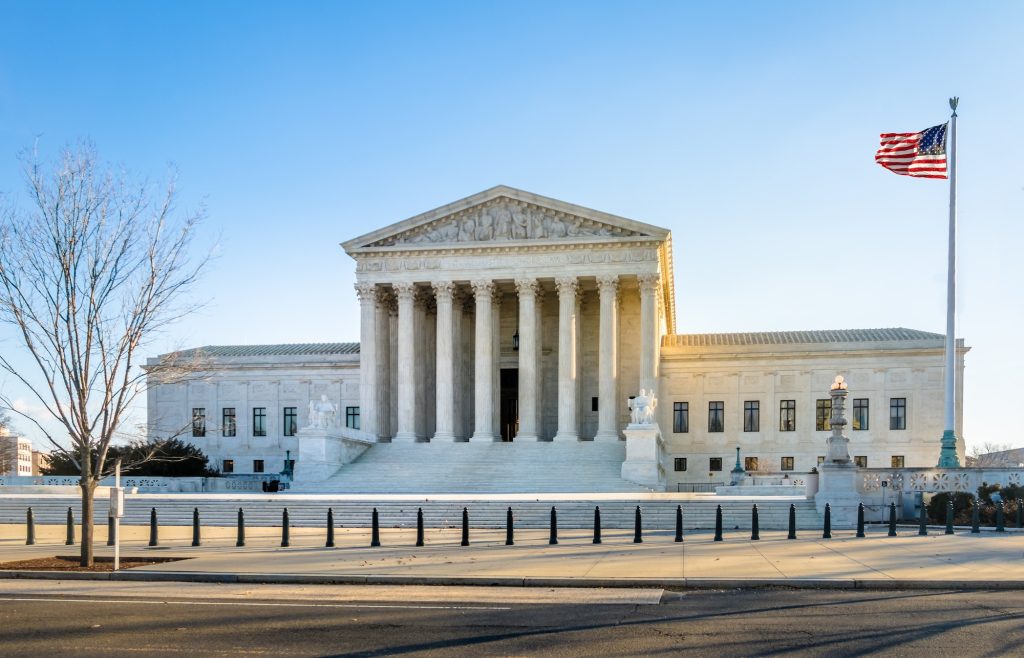US Supreme Court rejects lawsuit over AI patent rights
The Patent Office and a federal judge dismissed his patent applications, arguing that DABUS is not a person and, therefore, cannot be recognised as an inventor.

The United States Supreme Court rejected computer scientist Stephen Thaler’s challenge to the US Patent and Trademark Office’s denial of patents for inventions created by his AI system. Thaler, who founded Imagination Engines Inc, claimed that his DABUS system (Device for the Autonomous Bootstrapping of Unified Sentience) generated unique prototypes for a beverage holder and an emergency light beacon without human input.
However, the Patent Office and a federal judge dismissed his patent applications, arguing that DABUS is not a person and, therefore, cannot be recognised as an inventor. The US Court of Appeals for the Federal Circuit also upheld this decision, stating that US patent law requires inventors to be human.
Legal and AI experts had closely watched the case as it raised questions about the ownership and rights of AI-generated works.
